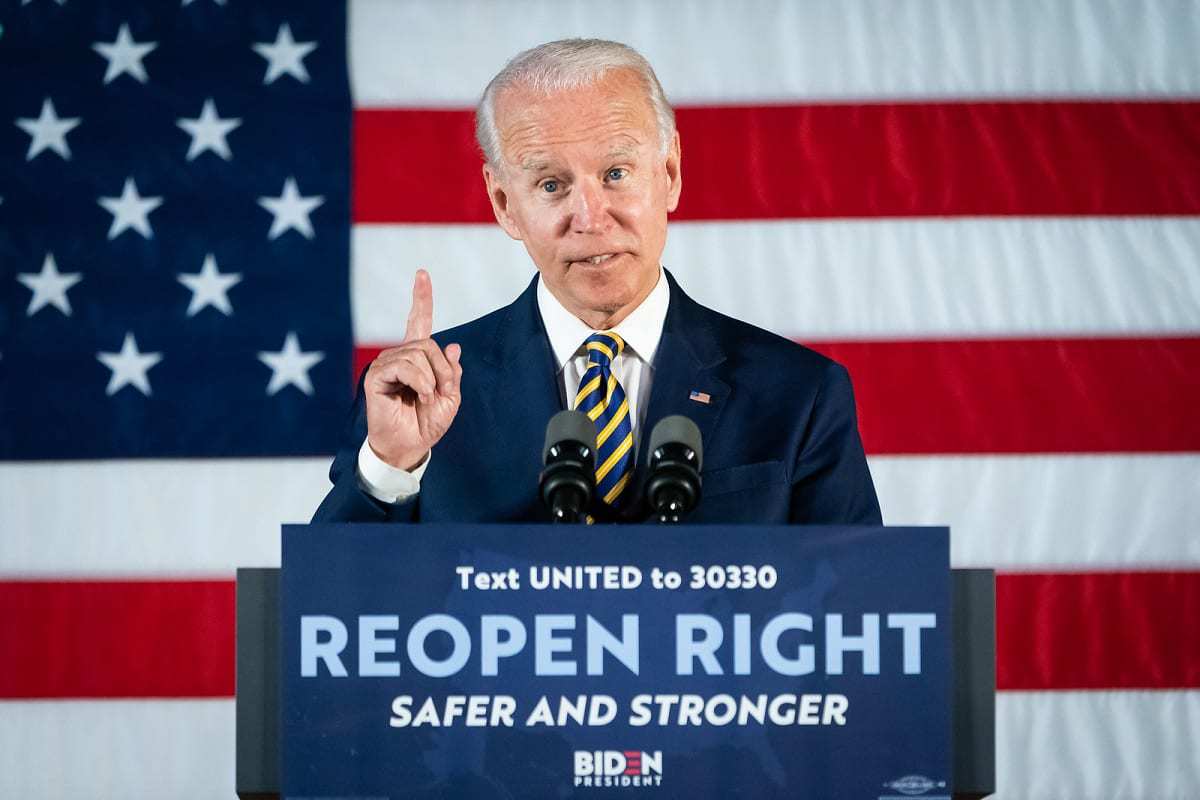I had a chance to speak with Ilan Berman, a Senior Vice President at the American Foreign Policy Council in Washington, DC on several key topics (Joe Biden and his possible JCPOA moves, Israel and more) that are dominating Middle East security circles this week.
First, Joe Biden is now the official Democratic nominee for President of the United States. He would, of course, change U.S. policy towards the Middle East dramatically, specifically towards Iran. Do you think he would attempt to rejoin the JCPOA? Perhaps renegotiate it? What is your take?
It’s reasonable to expect that a Democratic administration will bring with it a substantially more accommodating approach toward Iran. Biden himself has signaled as much, calling for significant immediate sanctions relief for Iran, and his advisors have signaled that a Joe Biden administration would be very likely to revive the JCPOA – including, presumably, the massive sanctions relief that accompanied the original agreement. That stance is likely to serve as the starting point for a Biden Iran policy, the contours of which are already becoming clear. This month, the Center for a New American Security issued a new roadmap for reengagement with Iran, and – given that CNAS counts more than a few Biden advisors among its ranks – that document provides a good indication of what might be to come.
Next, do you think a Joe Biden Administration shift policy direction when it comes to the warm ties Trump has built with Israel? There was clearly a major strain in ties during the Obama years? Would tensions between both nations return?
Relations between Israel and the U.S. during the Obama era were famously frosty, and there’s certainly a risk that that chill will return. Two factors, though, suggest that the situation likely won’t be dire. First, the driver of the “special relationship” has historically always been Congress, and that remains the case today. What happens vis-à-vis Israel on Capitol Hill tends to be much more important than White House policy, and there is significant support for Israel on both sides of the U.S. political aisle in the Legislative Branch. Second, a number of things that President Trump has put in motion are guaranteed to continue past his term in office. For instance, it’s difficult to conceive of a future administration rescinding recognition of Jerusalem as Israel’s capital, or rolling back its recognition of Israeli sovereignty over the Golan Heights. Similarly, the new peace deal between Israel and the UAE has created a new regional context – one in which the next administration will inevitably operate, whatever the particulars of its approach.
Finally, what do you make of the UAE/Israel diplomatic recognition news? Is it truly a game-changer or just a recognition of reality on the ground that is just now formalized?
It’s both a recognition of new regional realities and a portent of things to come. Arguably the most significant success of Israeli foreign policy over the past decade has been its successful engagement of the Arab world. Those tacit ties, originally built around a common fear of a rising Iran, have expanded in recent years to encompass everything from trade to telecom to infrastructure. With the new Israeli-UAE deal, those quiet contacts are now moving out into the open. I suspect that the UAE’s recognition of Israel will be followed, and likely in short order, by similar moves toward normalization on the part of other regional states with which Israel has quietly built ties. That list includes Bahrain, Oman, Morocco and even Saudi Arabia. Other nations, such as Sudan and Lebanon, have likewise signaled their interest in a more formal understanding. So, expect big things to come.

